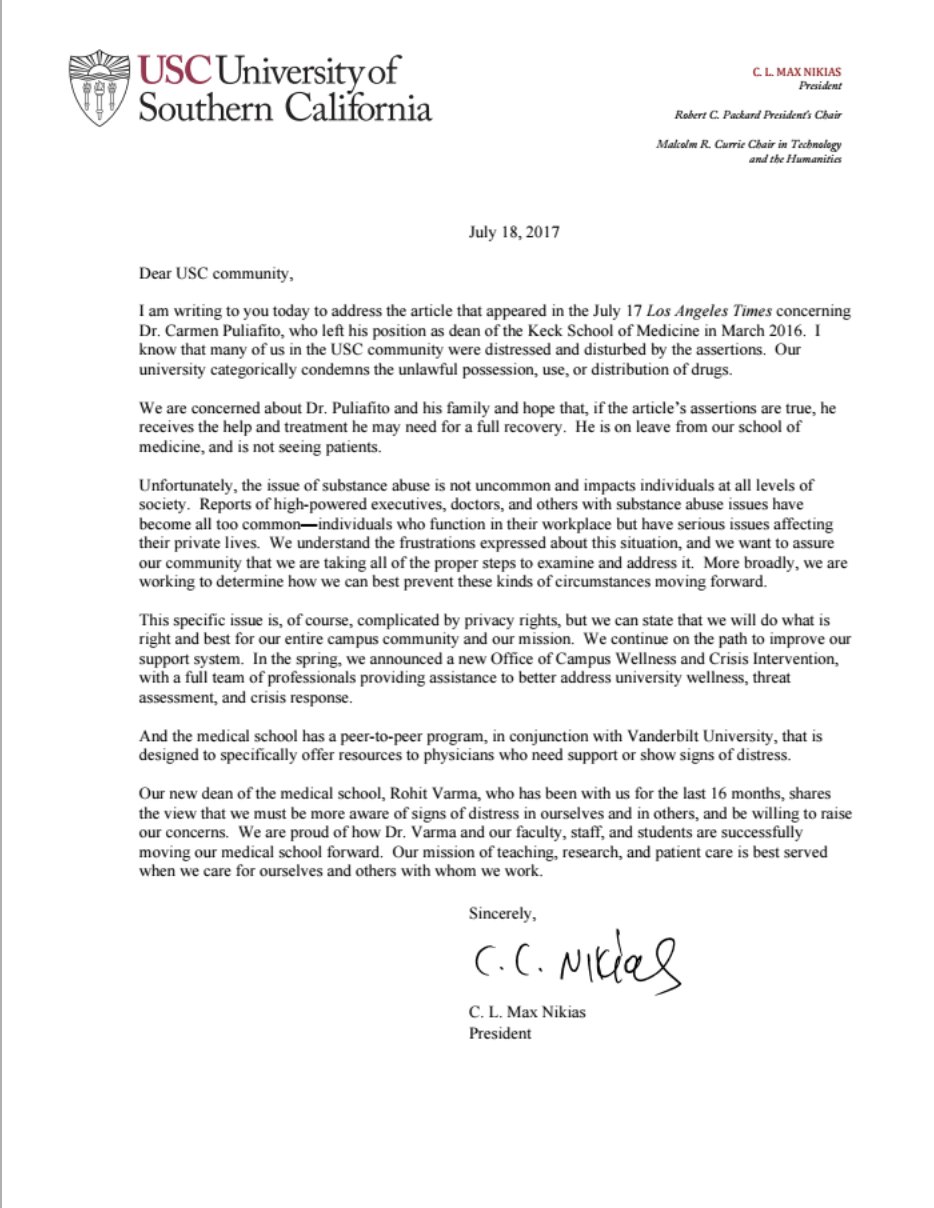Related Pages
- ✔ Budweiser Drivers License Book
- ✔ Gsky Wireless Usb Adapter Driver Download
- ✔ A Love Supreme John Coltrane Pdf File
- ✔ Download Windows 7 Iso The Pirate Bay Org
- ✔ Blueprint 3 Album Download Mp3
- ✔ As 2870 Residential Slabs And Footings Pdf
- ✔ Download Free Object Oriented Thought Process 4Th Edition
- ✔ Petition For Occupational Drivers License Bexar County Appraisal District
- ✔ Download Pl7 07 Software
- ✔ Bert Is Cheating On Ernie Johnson
- ✔ Download Emulator Android Untuk Laptop Ram 1gb
- ✔ Antares Ilok Keygen
- ✔ 100 Feet Full Movie English Download
- ✔ Flashpoint Digital Image Copier Driver
- ✔ Logitech Extreme 3d Pro Pdf Ebook
- ✔ Hide Whatsapp Status Pro Apk Download
- ✔ Kya Mast Hai Life Disney Channel Songs
- ✔ How To Train Your Dragon 2 Movie Free Download In Hindi Hd
- ✔ Download Simantap 2012
- ✔ Albania And His Friends Pdf Writer
- ✔ Crack Corel X5 Remove Protexistlicensing
- ✔ Business Management Dictionary Free Download
- ✔ Artlandia Symmetryworks Serial Mac Look
- ✔ Cinema 4d Download Free Student
